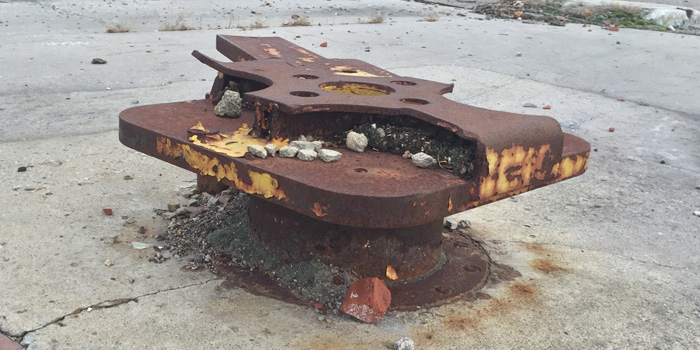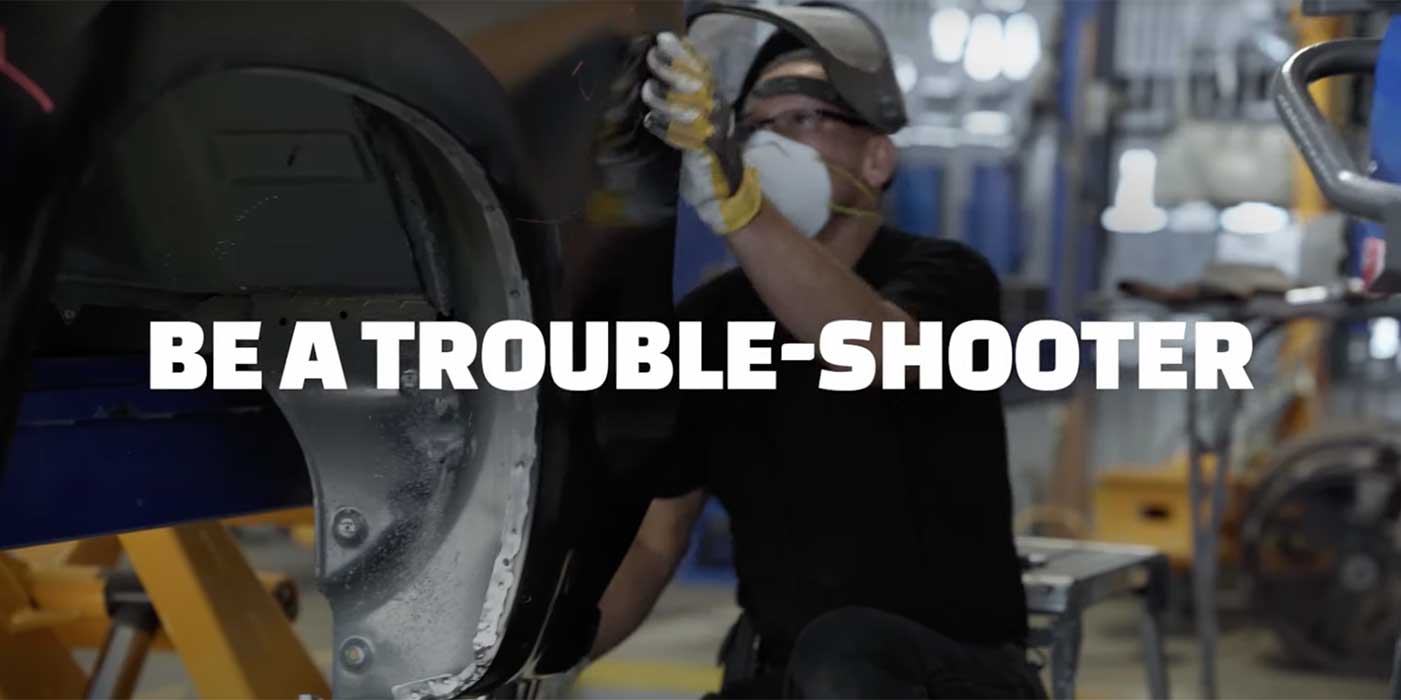Last month, a fellow editor of mine wrote a column that reminded me of what the auto body industry is going through. He was addressing the automotive service industry, but the similarities were undeniable.
The column, titled “Excuses and Tomorrows,” appeared in our sister publication, Underhood Service, and was written by Andrew Markel, a former mechanic who is still ASE certified. An old, rusty in-ground lift, the tile floor of two bathrooms and the footprint of a gas pump island on an empty lot compelled Andrew to ruminate on what caused the demise of an old service station he stumbled upon. “I am willing to bet if you asked the owner why he was closing back then, he would say cars are getting too complicated,” Andrew wrote. “Chances are the customers left when they could no longer count on the facility to reliably fix their vehicle.”
Andrew went on to say, “Some shops look at the advancement of technology and create excuses. The excuses and conspiracy theories blind them to the need for investing in training and tools…Other shops look at the advancement of technology and see the opportunities.”
Collision repairs are getting awfully complicated too. Are you making excuses? Will those excuses turn you into an empty lot some day? It’s time to reassess your business and decide if you want to move toward the future or pursue some other line of work.














